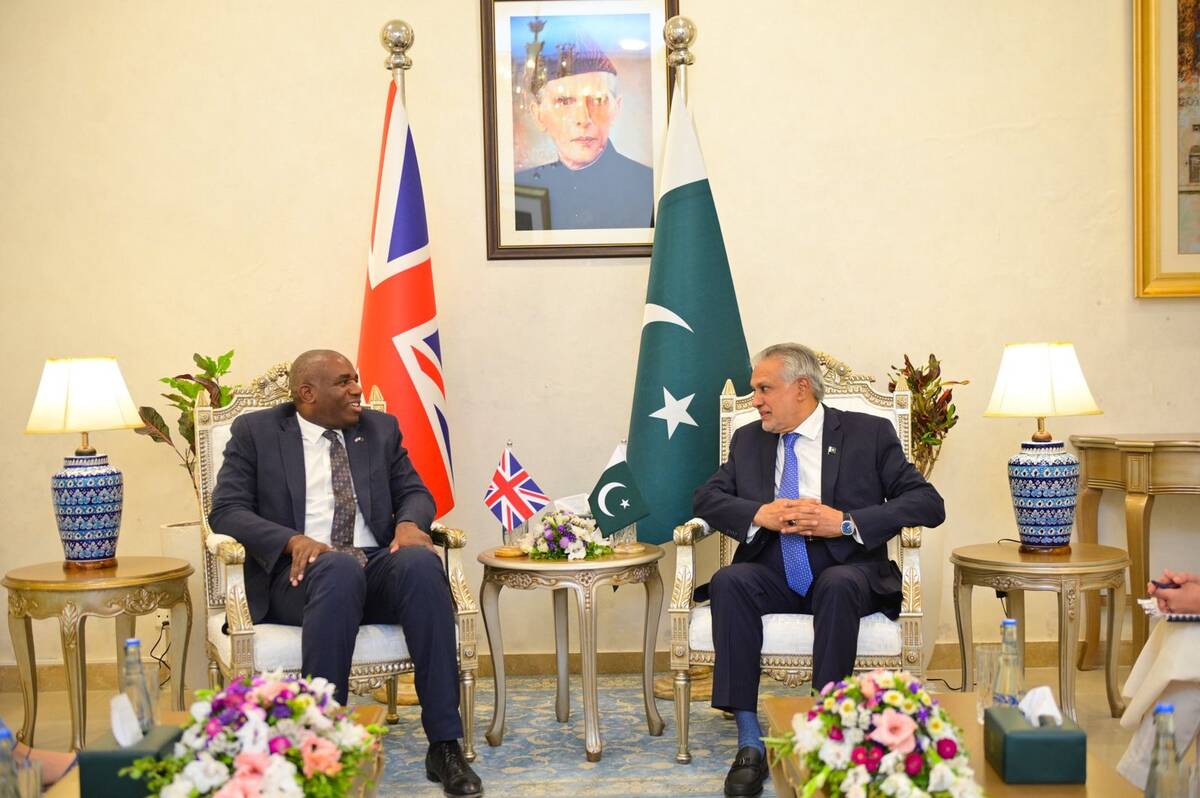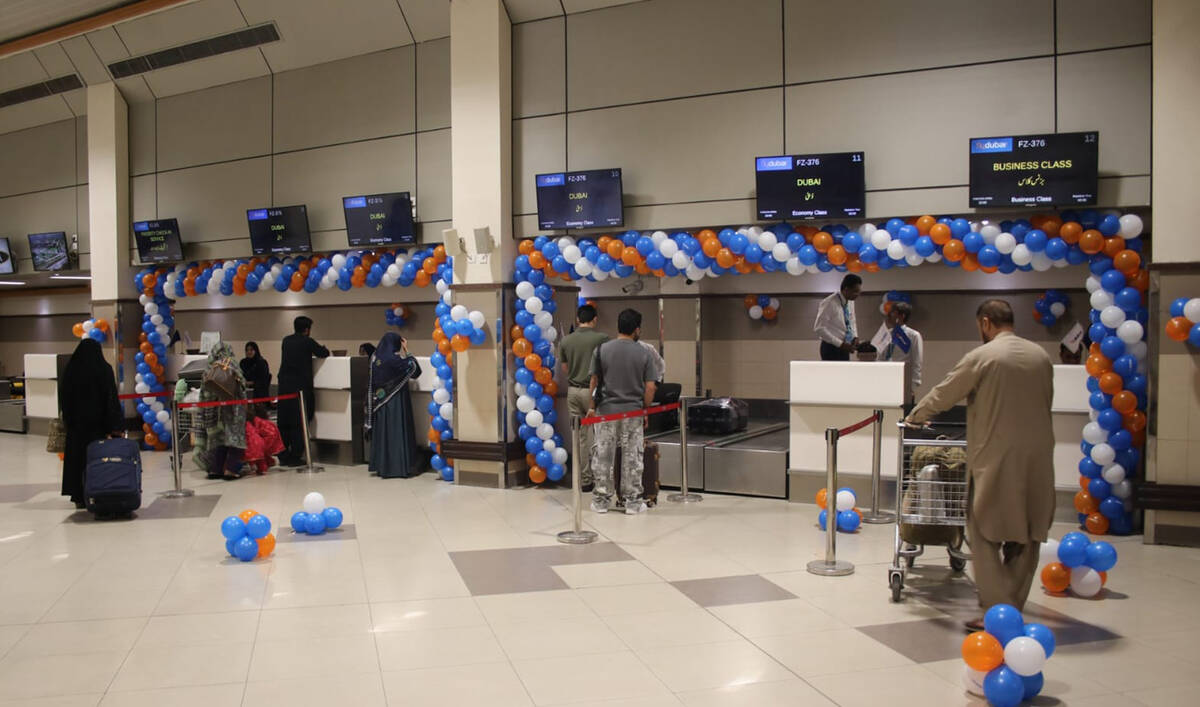ISLAMABAD: Pakistan on Tuesday denied social media claims that a United Nations Human Rights Council (HRC) resolution presented by its diplomat in support of Palestine earlier this month was unilaterally diluted to accommodate Israeli concerns, saying the posts were based on inaccurate media reports and misrepresented the resolution’s outcome.
The statement followed a story by a global wire service, which reported that US lobbying, despite Washington’s withdrawal from the Council, had succeeded in preventing the inclusion of a powerful investigative mechanism in the Pakistan-led resolution on behalf of the Organization of Islamic Cooperation (OIC).
The report subsequently triggered criticism on social media, prompting the foreign office in Islamabad to issue a clarification.
“We have taken note of certain social media posts concerning the recently adopted Human Rights Council resolution on the Occupied Palestinian Territory (OPT),” the statement said. “These posts, based on inaccurate media reports, reflect a misunderstanding of the resolution adoption process and mischaracterize its outcome.”
The resolution, which focused on accountability for Israel’s actions in the Palestinian territories, is part of an annual OIC initiative at the Council in Geneva.
According to the foreign office, the resolution is only presented after the Palestinian delegation expresses satisfaction with the negotiated text, followed by final endorsement from the OIC member states.
“At no stage the text is modified unilaterally,” it added. “The resolution adopted during the latest HRC session adhered strictly to this process.”
The final text adopted by the Council referred the matter of setting up an independent mechanism to assist in the investigation and prosecution of those responsible for serious crimes in Palestinian territories to the UN General Assembly.
Pakistan rejected any suggestion of compromising its position on Palestine, reiterating that it does not recognize Israel and, as a matter of principle, does not engage with it in multilateral forums.
The foreign office noted that two other OIC-sponsored resolutions on Palestine were also adopted during the Council’s latest session, reinforcing Pakistan’s “unwavering and historic commitment” to the Palestinian cause.



















